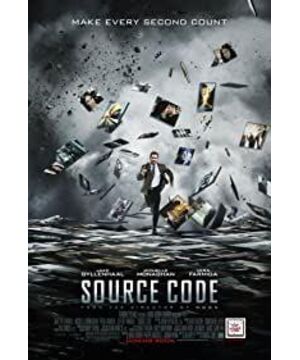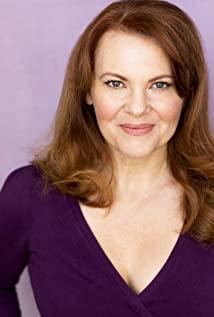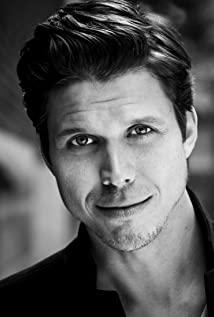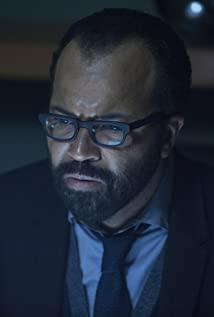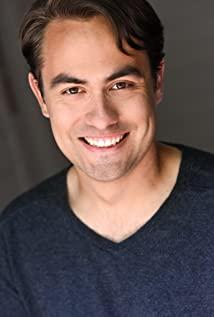Someone emphasized that, despite the advantages of low-cost production, Duncan Jones’ sci-fi works are all about humanism, not science and technology. Regardless of survival or destruction, copying or source code, human thoughts can change everything. Therefore, the source code system will not be the focus of the "Source Code" discussion. The film will talk about human nature. In addition to being forced to find the murderer, the captain met Christina, impressed Goodwin, talked to his father and rescued everyone in the car. These have nothing to do with hard science fiction, but with "people".
The doctor said that the source code system is just a time-space copy, and it restarts automatically after eight minutes. It sounds like an RPG game without archives, but since the third crossing, the concept of eight minutes has become more and more obscure. The captain got out of the car and beat someone, but the train still exploded. In the next few crossings, the system became more and more unstable, the explosion time continued to change, and the captain's self-world began to collapse and collapse. Obviously, the doctor deceived everyone, maybe even himself. After all, the source code itself is an immature R&D system. Therefore, if the "Source Code" is full of vulnerabilities, there is only one way, and the film is to create multiple parallel worlds, which can be pinched out at will.
If you don't discuss parallel worlds, from a film perspective, "Source Code" does not give too many highlights. Although not comparable to the tight budget of "The Moon", the same shots and special effects are the explosion scenes, and the camera angles are changed at a time. When you look at it, the film is an indoor scene with several carriages and several enclosed spaces. When it comes to finding the murderer, the camera has already given proactive prompts and features close-ups. Many viewers guessed that it was the guy, including the one who lost things. Later, the captain didn't say a few words, and he burst into tears. He was really not a ruthless character. Therefore, "Source Code" does not have any ultimate boss. Its contradiction is how the captain confirms his identity and how to distinguish between true and false. No wonder some people say that at this point, "Source Code" is a reduced version of "Inception". They are all playing the game of time, and the protagonist can't tell which space they are in. Compared to Inception, the eight minutes of "Source Code" is always easy, and there is no sense of urgency. On the contrary, the biggest impact on the audience is the death of the captain. That kind of feeling is like someone smashing you on the head with a hammer, a real torture—it feels uncomfortable to kill yourself.
Even the ending of the movie, "Source Code" is a bit of promoting the main theme, talking about truth, goodness and beauty. There is little criticism, only feelings. Everyone in the car laughed, a sweet, frozen kiss. Duncan Jones believes in people so much and hopes that they will all end in a beautiful and decent way. His excessive emphasis on humanism has also led to a huge loophole, that is, no matter how the captain crosses, how he seeks the best ending, the poorest person is thrown into the endless void, he is history teacher. Even if everyone was intact and got off the train, however, the history teacher evaporated, and his consciousness was invaded by the captain.
The original intention of the script of "Source Code" was this, because of the imperfections of the real world (train explosions and terrorist attacks), a group of people were determined to change the outcome of this incident, and as a result they created multiple parallel worlds. Compared with the many limitations of time travel, traveling in parallel worlds is obviously easier. Each parallel world has a different direction, which is like the multiple endings of an RPG game. Good, bad, ordinary, perfect... Among them, the world of Captain and Christina before the Millennium Egg is perfect, so it is a perfect ending. This kind of multiple endings is different from the multiple endings of "Butterfly Effect", where the law of time travel must be followed. A small change will lead to a bigger change, even irretrievably. Speaking of the aforementioned loopholes in the history teacher, although parallel worlds exist independently, they also disturb each other. How did the captain enter the consciousness of the history teacher? This can only be an unsolvable problem.
Fortunately, most viewers do not pay attention to the parallel world, and chewing theory is always not as direct as visual impact. A kiss, an explosion, they are more attractive than any theory. In my opinion, "Source Code" and "Moon" are similar. Under the drive of consciousness and emotion, a person strives to find the truth. No matter perfect or cruel, they are all making "one-person movies." No wonder some big bosses behind the scenes in Hollywood said with emotion that when they spend millions to accompany lunatic directors to burn money for a scene, Duncan Jones here can already make a movie. Good quality and low price, many responses. This is truly a movie of one person. [International Herald Tribune]
View more about Source Code reviews


